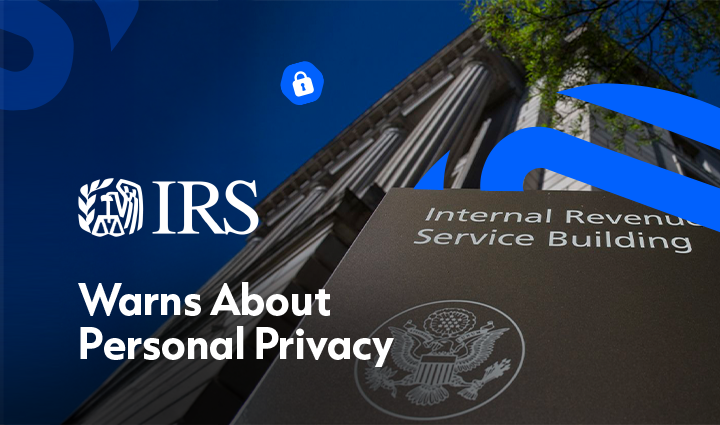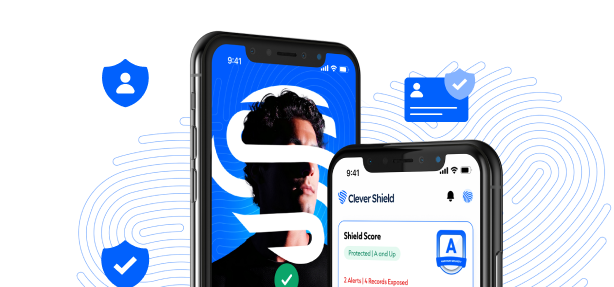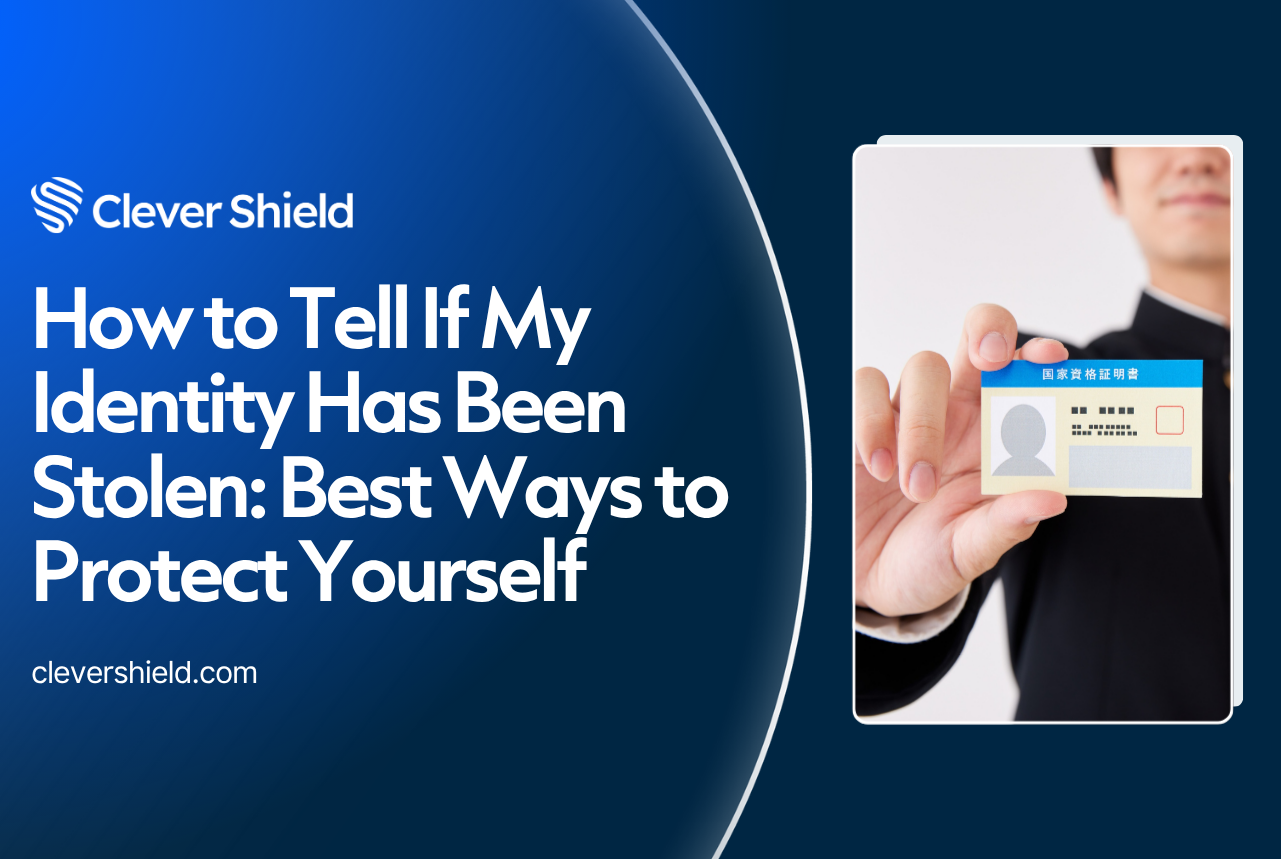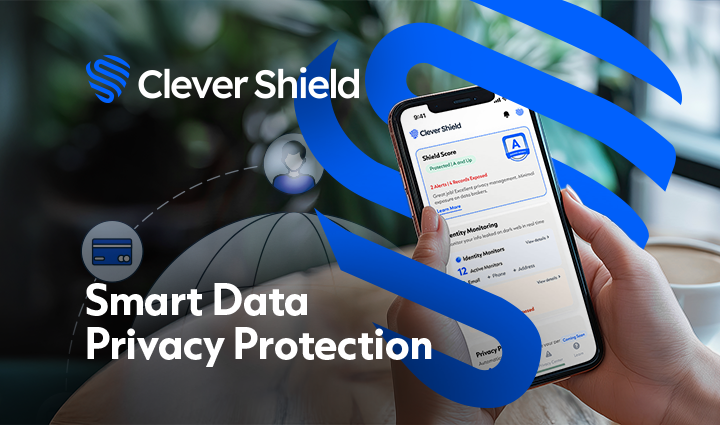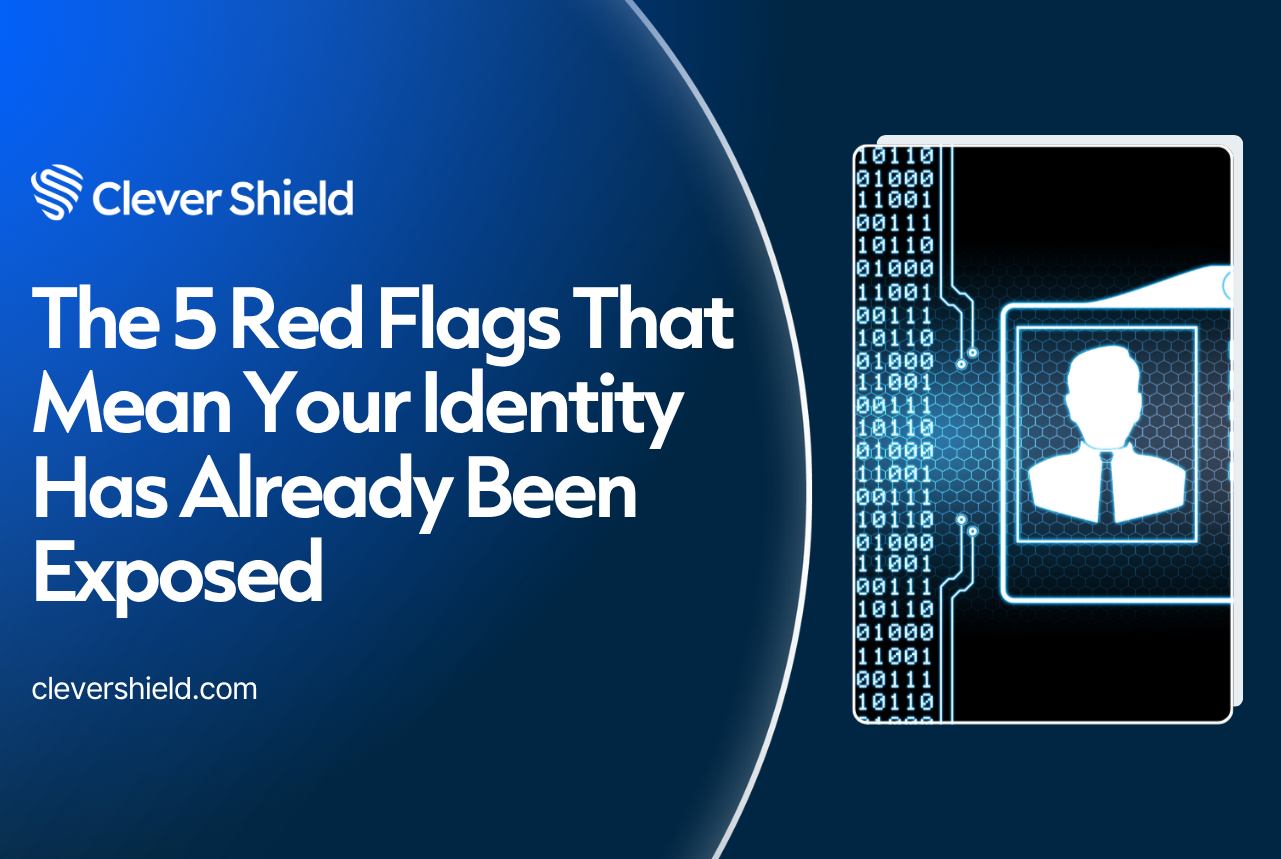When most people think about online privacy, they think of spam emails, robocalls, or maybe a leaked password. But when the IRS — the actual U.S. tax agency — starts warning Americans about the dangers of personal information being exposed online, it’s time to pay attention.
For years, online privacy has felt like something only tech experts worried about. That’s changing. With identity theft cases rising and taxpayer fraud becoming more common, even the IRS is stepping in to raise the alarm. And that should matter to everyone.
What Exactly Is the IRS Warning About?
Every tax season, the IRS issues updates about identity theft and scams. In recent years, these alerts have gotten more serious. They warn that criminals are using exposed personal data to file fake tax returns, steal refunds, and access sensitive financial records.
These scammers often rely on information like:
- Full names
- Addresses
- Social Security numbers
- Birthdates
- Employment information
- Bank account details
In some cases, they don’t even need all of that. Just a few key pieces of personal data — like a name and address combined with a leaked email — can be enough to impersonate someone or trick them into sharing the rest.
The IRS now encourages people to take privacy more seriously, both online and offline.
Why This Is Bigger Than Just Taxes
The fact that a government agency like the IRS is publicly calling out personal data exposure means it’s no longer just a tech problem — it’s a national issue.
Tax fraud is one part of it, but this is really about a larger trend. When your personal info is out there, it’s vulnerable in more ways than one. Scammers can use it to:
- Open credit cards or loans in your name
- File fake tax returns to steal your refund
- Access online bank accounts or payment apps
- Trick family members or coworkers using impersonation scams
- Claim unemployment or other benefits using your identity
Even if you haven’t seen any signs of fraud yet, that doesn’t mean you’re safe. Criminals often sit on stolen data and wait until tax season or another opportunity to strike.
Where Are They Getting This Information?
Here’s the part most people miss: scammers don’t have to hack a system to get your info. In many cases, it’s already out there.
Public records, people search websites, and data brokers all make it easy for criminals to piece together someone’s full profile. This includes:
- Your current and previous addresses
- Phone numbers and emails
- Age, relatives, and job history
- Property ownership or court records
Even if you’ve never shared your Social Security number online, your name combined with other public info can still lead to trouble.
How Clever Shield Helps You Stay Off the Radar
This is where a tool like Clever Shield can make a real difference.
Instead of trying to hunt down all the places your info might be exposed, Clever Shield does it for you. It scans known data broker and people search sites, finds listings with your personal info, and helps remove them automatically.
Once your info is off those sites, it becomes much harder for scammers and bots to get a full profile on you.
Clever Shield also monitors for new exposures, sends alerts, and updates your Shield Score to help you understand how protected you are at any given time.
What the IRS Recommends (and How Clever Shield Helps)
The IRS offers a few key tips for reducing your risk of tax-related identity theft. Clever Shield aligns with many of them:
IRS Tip: Protect your personal information online
How Clever Shield Helps: Scans for exposed data and removes it from risky websites
IRS Tip: Watch for phishing emails or suspicious messages
How Clever Shield Helps: Keeps your data harder to find, which makes you a less likely target
IRS Tip: Use strong, unique passwords and multi-factor authentication
Your move: Combine Clever Shield with a password manager and turn on two-factor authentication for key accounts
IRS Tip: Stay alert for signs of identity misuse
How Clever Shield Helps: Monitors your privacy exposure and gives you early warnings when new data shows up
By pairing these common-sense tips with real tools that automate the heavy lifting, you get a much stronger line of defense.
So Why Does This All Matter?
When agencies like the IRS start sounding the alarm, it’s no longer just about avoiding spam or annoying ads. It’s about protecting your financial life, your identity, and your peace of mind.
It’s also a reminder that online privacy isn’t just about what you share — it’s about what others are collecting, publishing, and using without your knowledge.
Even if you’ve done everything right, your data may still be out there. That’s not your fault. But you do have options for taking back control.
Moving Forward With More Confidence
If the IRS is taking online data exposure seriously, so should we.
You don’t need to wait until something goes wrong to act. With Clever Shield, you can clean up your personal data, track your privacy health over time, and feel more confident knowing you’re less exposed to scams and fraud.
It’s about peace of mind, not paranoia. And a little protection now can save you a whole lot of stress later.

